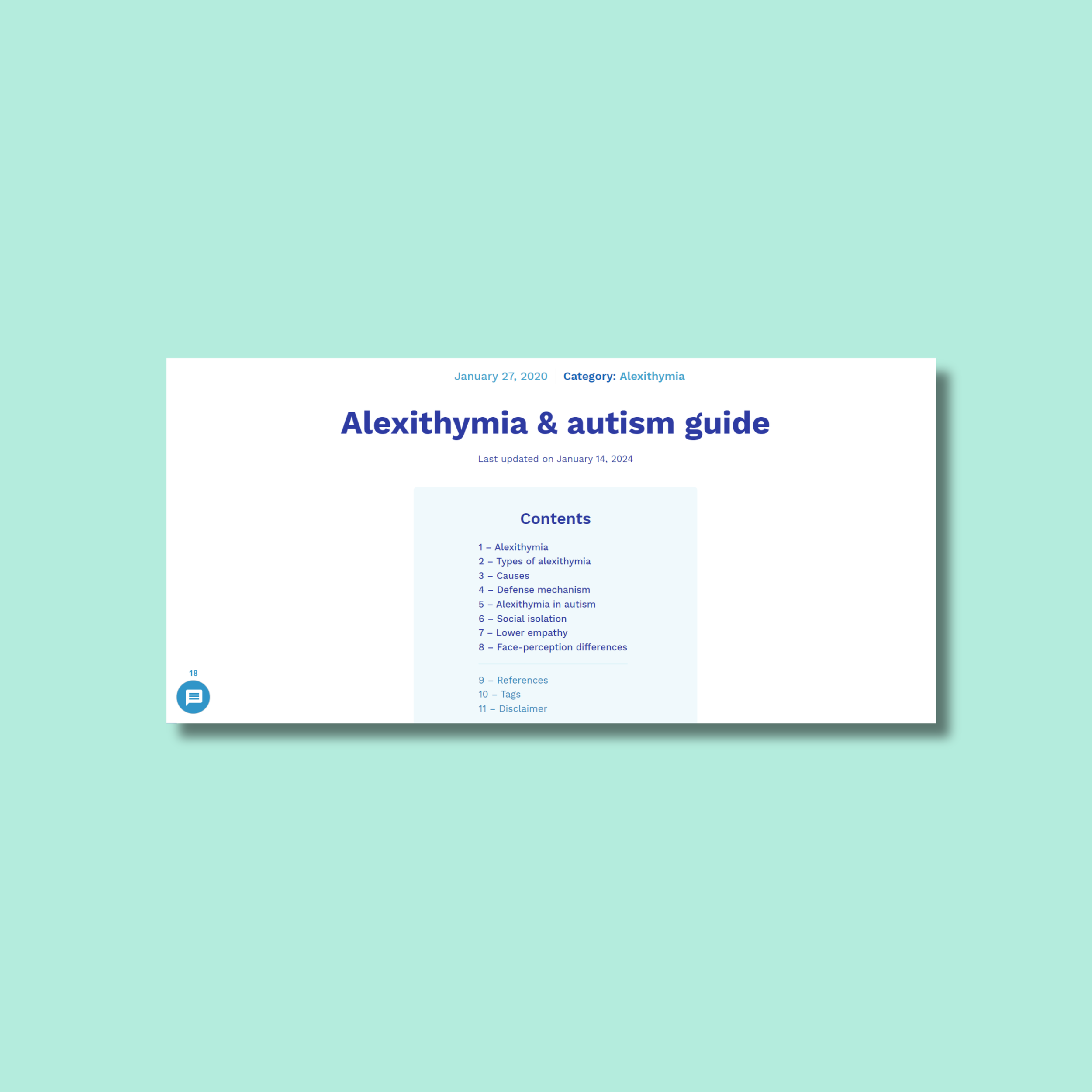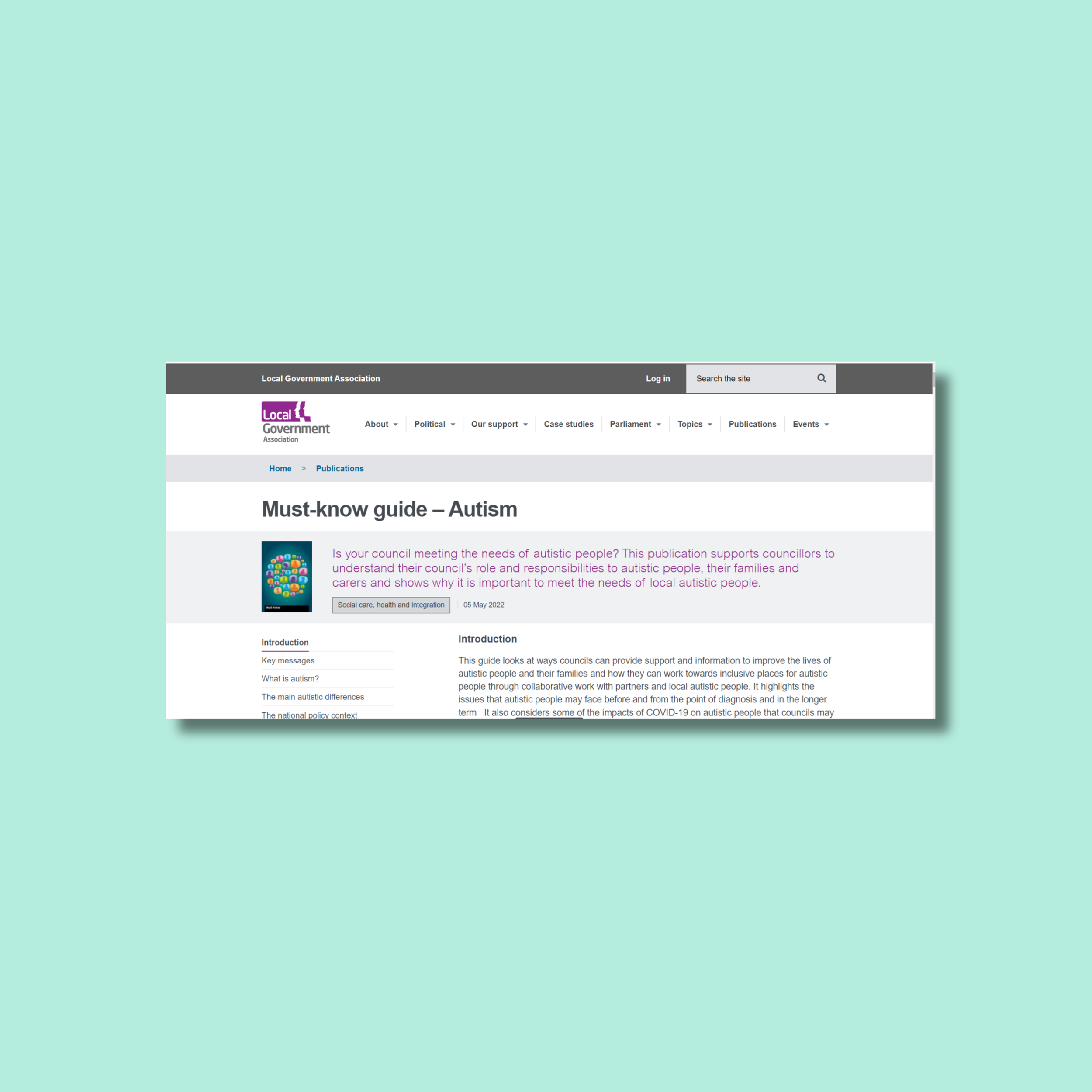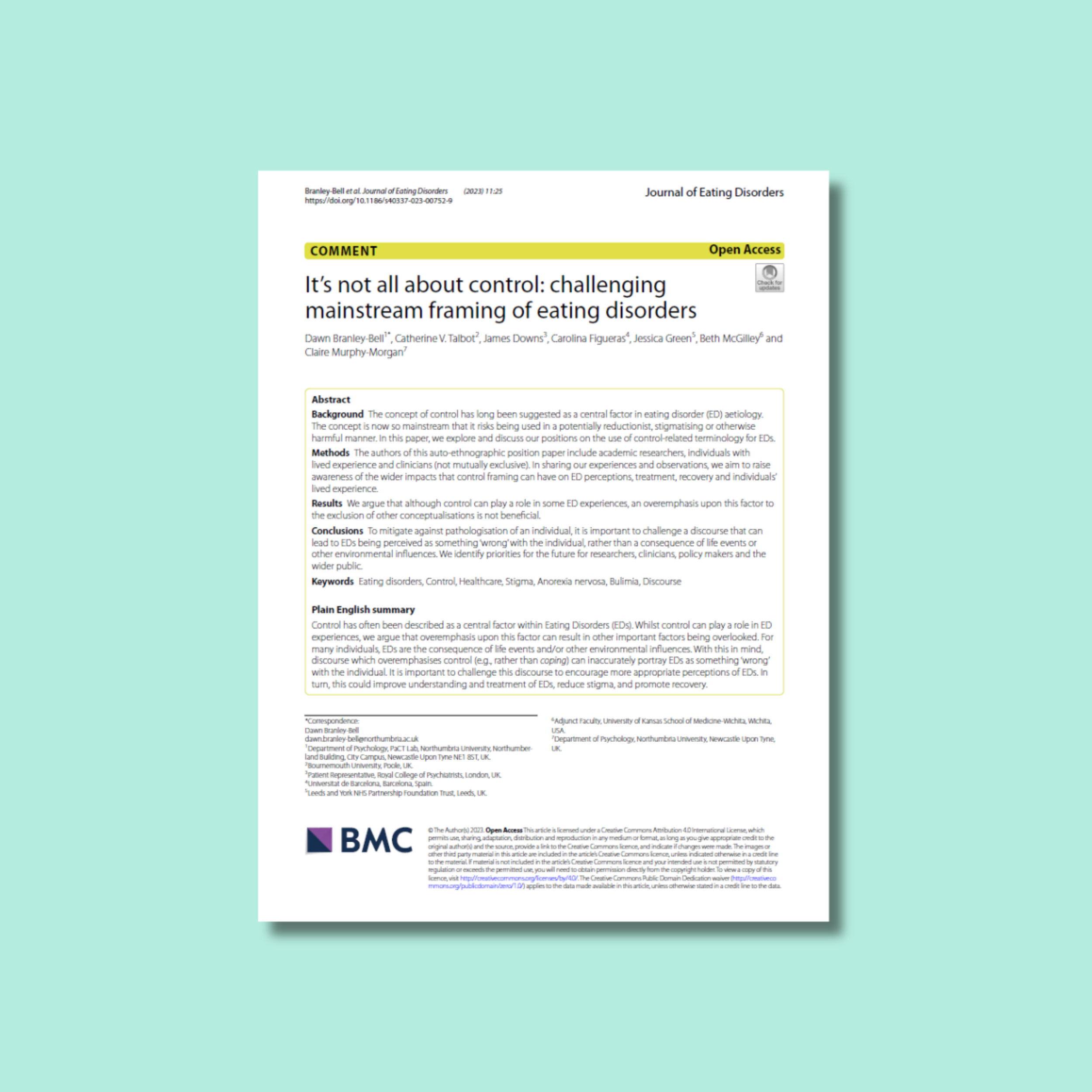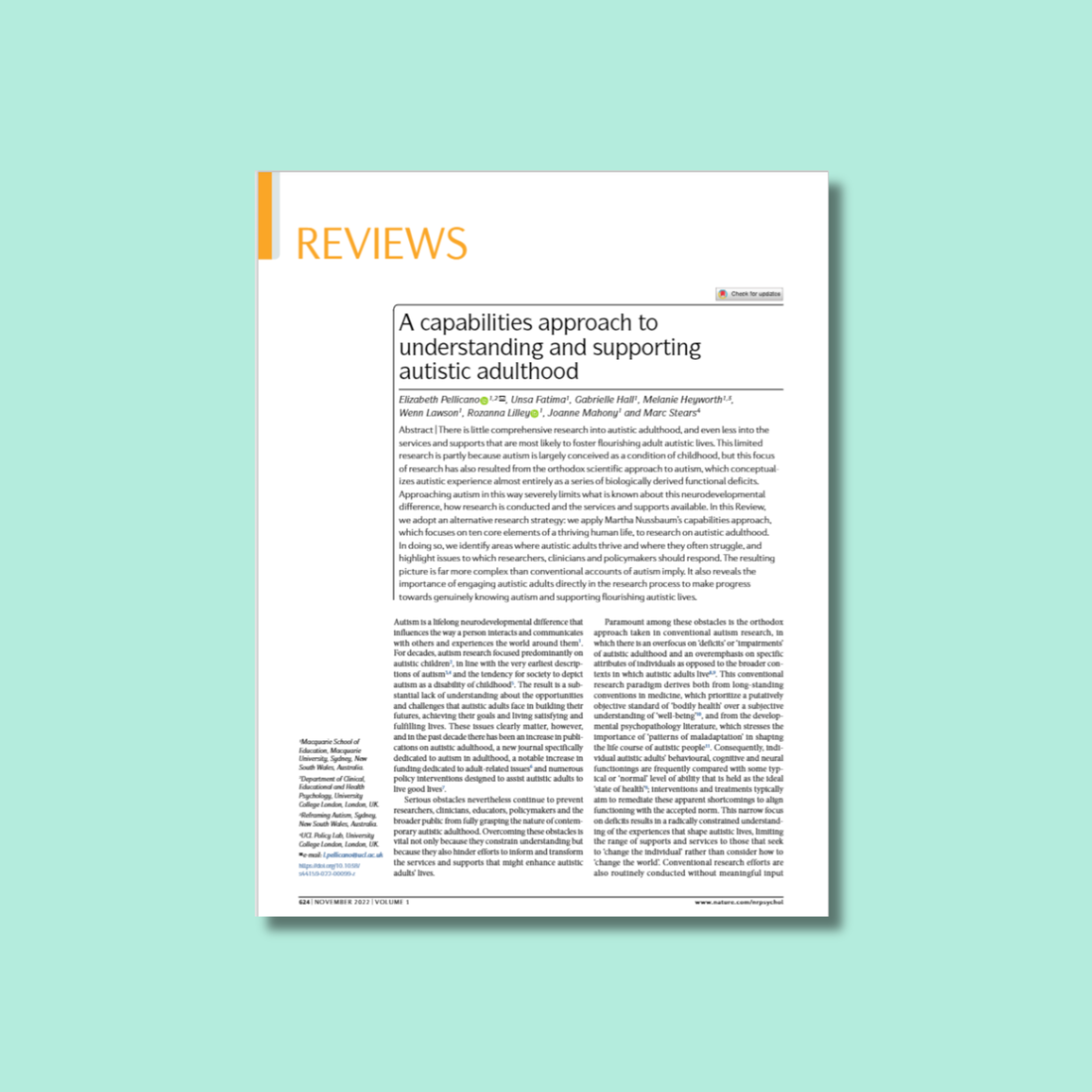 Image 1 of 1
Image 1 of 1


Anti-Ableism and Scientific Accuracy in Autism Research: A False Dichotomy
Bottema-Beutel, Kapp, Sasson, Gernsbacher, Natri and Botha (2023)
Some people say that if autism researchers try too hard to avoid ableism (discrimination against disabled people), they might lose scientific accuracy. But this article argues that this is a false choice. They say science is never completely free from bias, and in fact, autism research has often made mistakes because of hidden ableist ideas. The authors give examples of past autism studies that seemed like progress but were later proven wrong or less useful, often because they were based on ableist assumptions. These mistakes have affected how autistic people are treated and understood, including what services they receive. The article suggests that by learning from these mistakes, researchers can avoid ableism and still improve scientific accuracy at the same time.
Disclaimer: ableism.
Bottema-Beutel, Kapp, Sasson, Gernsbacher, Natri and Botha (2023)
Some people say that if autism researchers try too hard to avoid ableism (discrimination against disabled people), they might lose scientific accuracy. But this article argues that this is a false choice. They say science is never completely free from bias, and in fact, autism research has often made mistakes because of hidden ableist ideas. The authors give examples of past autism studies that seemed like progress but were later proven wrong or less useful, often because they were based on ableist assumptions. These mistakes have affected how autistic people are treated and understood, including what services they receive. The article suggests that by learning from these mistakes, researchers can avoid ableism and still improve scientific accuracy at the same time.
Disclaimer: ableism.






